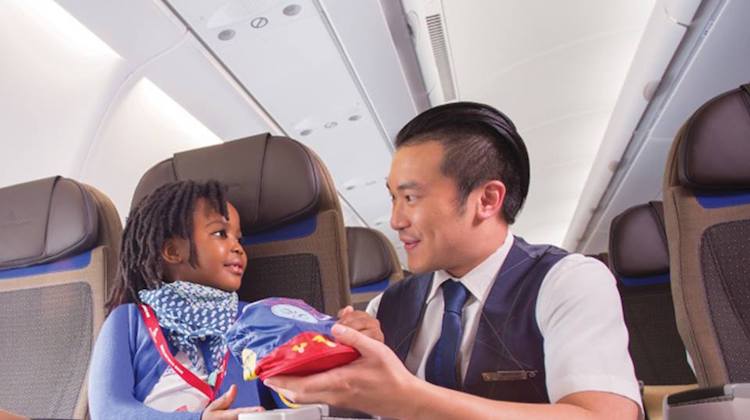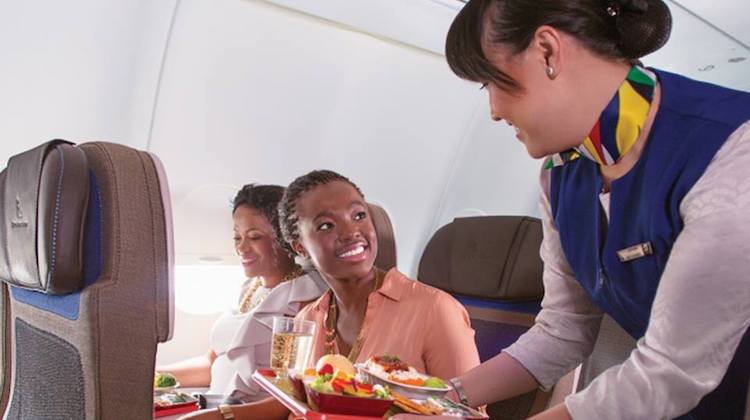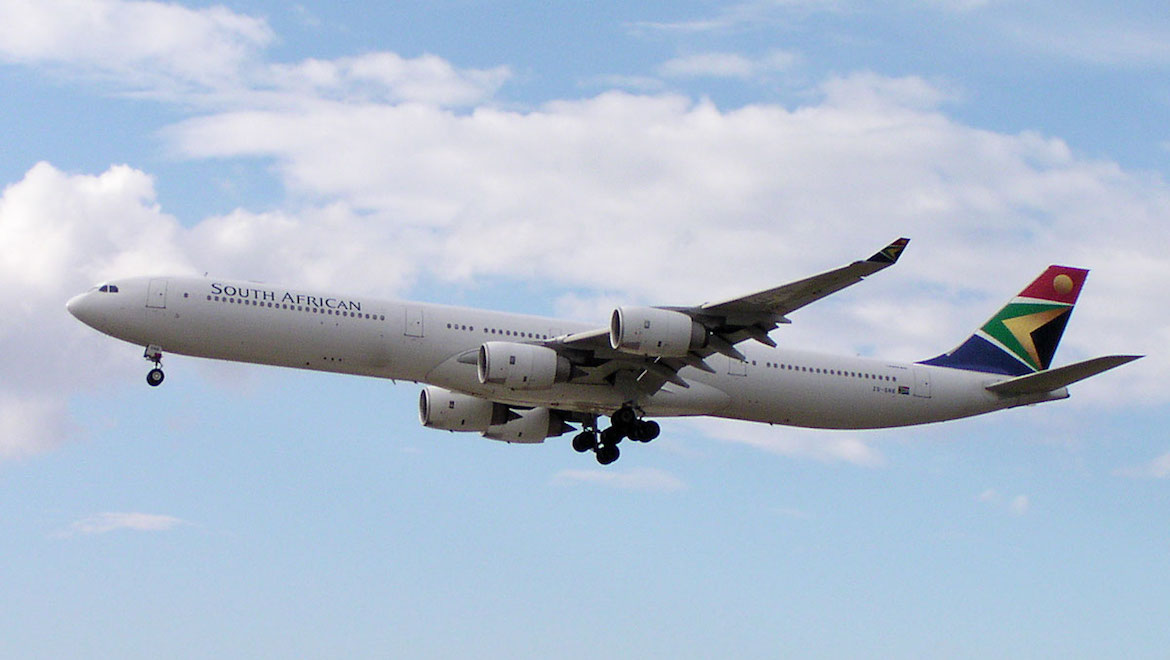
Cabin crew on ultra-long range (ULR) flights of more than 16 hours in duration could feel sleepy on the job because of a perception of higher workloads rather than how much sleep they have received inflight or how long they have been awake, new research suggests.
The findings were in a study co-authored by PhD candidate and junior research officer Margo van den Berg, Associate Professor Leigh Signal and Professor Philippa Gander from the sleep/wake research centre at New Zealand’s Massey University and published by The International Journal of Aerospace Psychology.
The study observed 55 South African Airways crew on flights between Johannesburg and New York to gauge the influence of workload on fatigue. The crew that was part of the study operated both inbound and outbound flights, as well as night and day services.
Van den Berg said to the team’s knowledge, no existing studies had directly assessed the influence of workload on cabin crew fatigue. Further, she said the findings of the study indicated that influence (of perceived workload) may be important for improving fatigue risk management for cabin crew.
The crew, working across all cabin classes, the majority in economy class, had their sleep monitored through an actigraph on their wrists. They also completed sleep/duty diaries during the flights between 27 August 2012 and 24 June 2013 that included a 48-hour layover in New York.
At the top-of-descent on each flight the participants rated their sleepiness and fatigue, completed a reaction time test, and after landing, rated their workload for that flight.
“Cabin crew flying this ULR trip felt more sleepy and fatigued, and lapsed more often at top-of-descent, when they perceived their workload as higher,” van den Berg said
“The effect of perceived workload on subjective sleepiness was greater than that of the duration of time awake at top-of-descent.”

The crew also detailed at the end of each flight how many passengers were on board and whether there were flight delays, turbulence, disruptive passengers, medical or emergency incidents, major service disruptions and how many times they assisted with baggage.
Van den Berg said subjective sleepiness and psychomotor vigilance task performance (reaction-timed tasks that measured the speed of response to a visual stimulus) were more strongly associated with perceived workload than with how much sleep or how long crew had been awake on a flight.
“It is important that the effects of workload in flight should not be viewed in isolation, because any flow-on effects can also disturb subsequent sleep, contributing to cumulative sleep loss and fatigue,” van den Berg said.
“Cabin crew often experience fatigue as a consequence of their irregular work schedules, which include early starts, late finishes, night work, frequent time zone changes, and long duty periods, causing sleep loss and circadian rhythm disruption.
“Considering that their most important role is to ensure cabin and passenger safety during flight, cabin crew fatigue and its associated risks needs to be managed carefully.
“The workload of cabin crew is considerably different in nature from that of flight crew,” van den Berg said, noting the work involved a lot more physical tasks, walking and factors such as turbulence, passenger demands and medical incidents.

The study found there were no differences in perceived workload between work positions (galley versus aisle) or between economy and premium classes. Nor did it find any age-related differences in perceived workload.
Van den Berg said more studies of this kind were needed determine to what extent workload influences cabin crew fatigue on different types of flights “because the present findings cannot be generalised to flights that operate with fewer crew, or to shorter flights with less or no opportunity for in-flight rest”.
“If workload was identified as a contributing factor in a series of fatigue reports on a particular route, this would prompt further investigation and if deemed necessary, lead to changes bening made, for example, to the delivery of service, or staffing levels,” van den Berg said.
Massey University said the study was funded by South African Airways.
The Perceived Workload Is Associated with Cabin Crew Fatigue on Ultra-Long Range Flights report can be read in full here.





